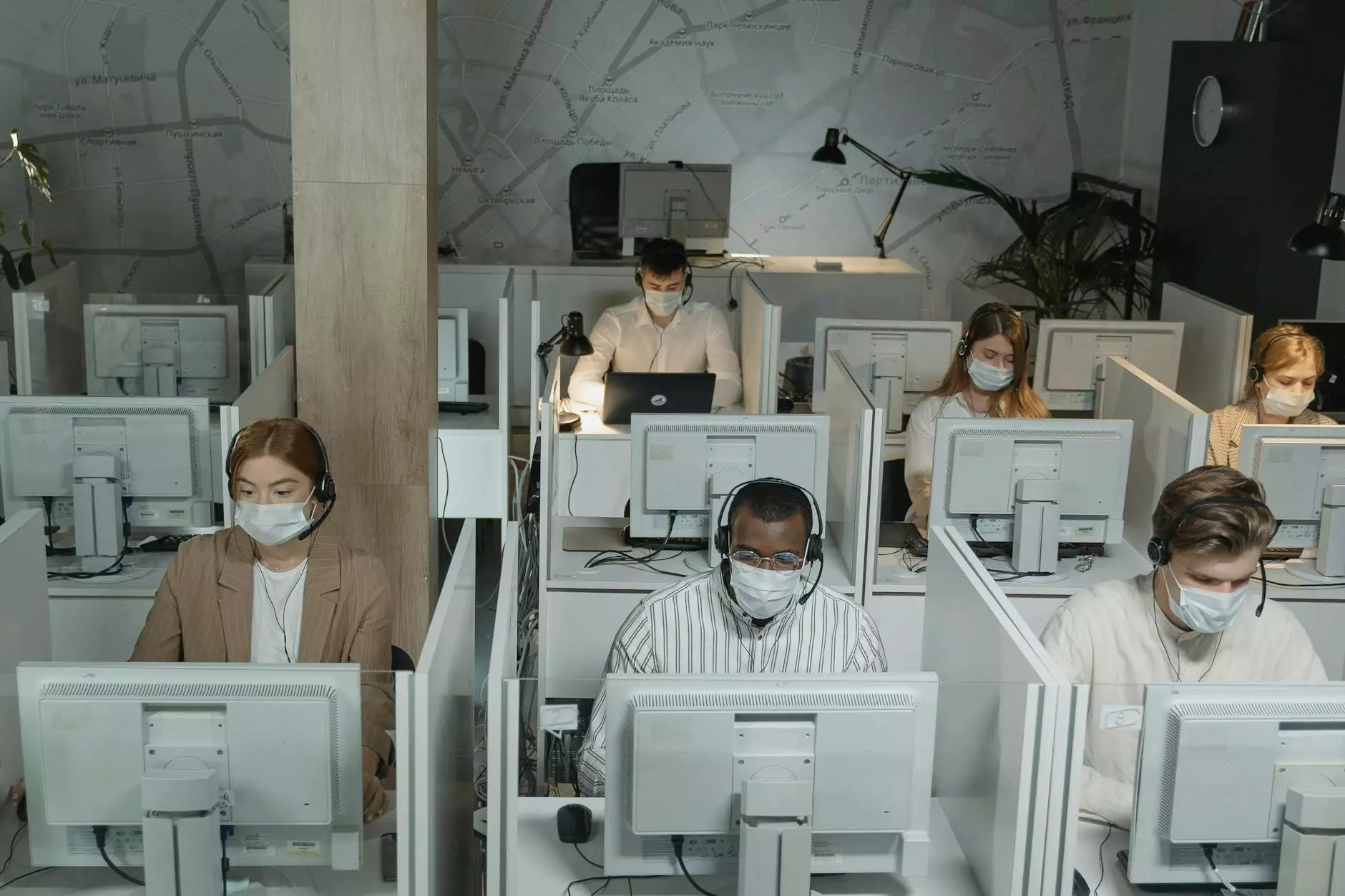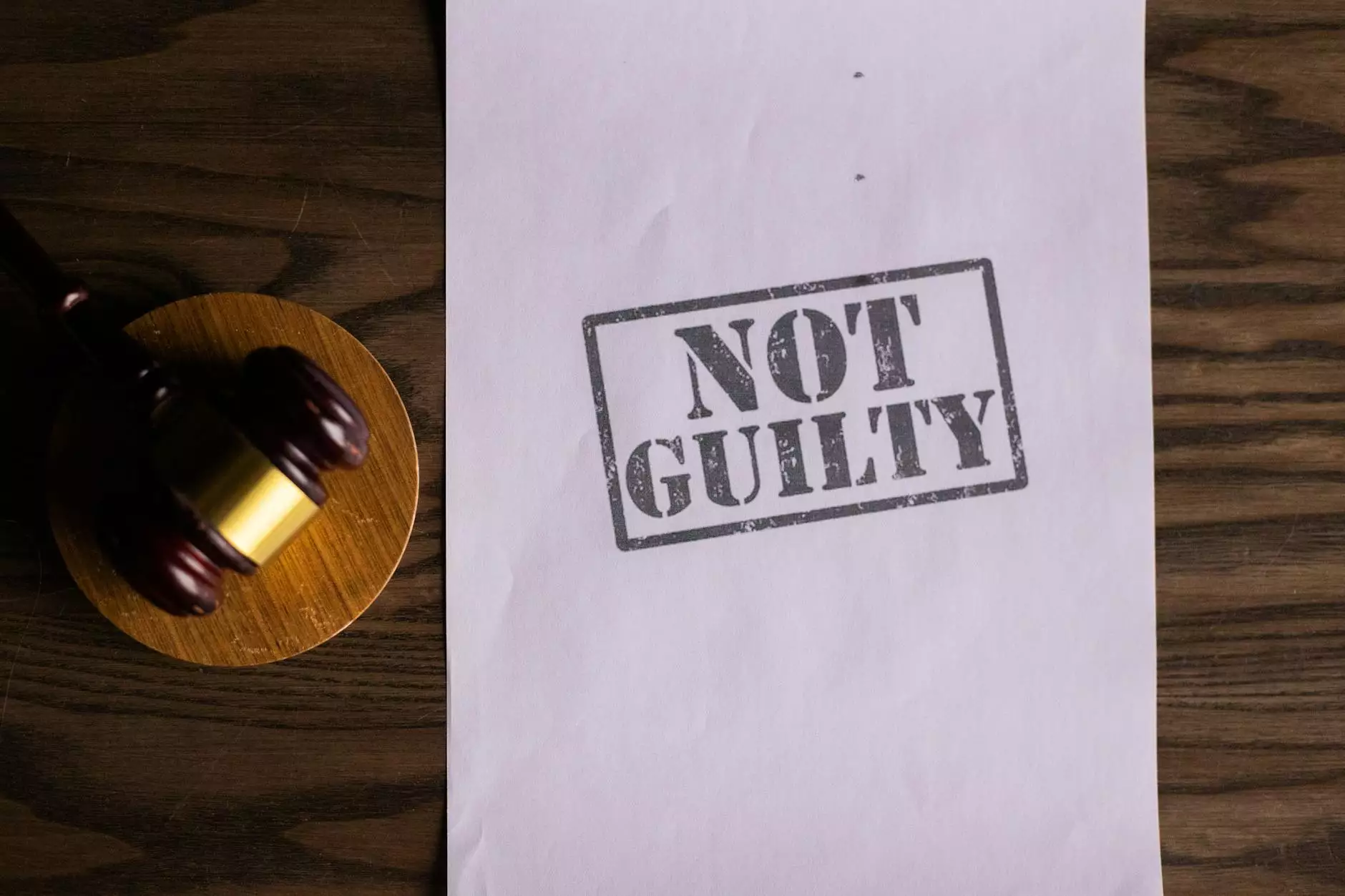Patent Litigation 101 - A Comprehensive Guide
Blog
Understanding Patent Litigation
In the realm of intellectual property rights, patent litigation plays a crucial role in safeguarding inventors' interests and ensuring fair competition. This legal process, often intricate and complex, involves resolving disputes related to patent rights, infringements, and validity.
The Importance of Patent Rights
Patents provide inventors with exclusive rights to their inventions, encouraging innovation and creativity. By protecting new and useful inventions, patents grant inventors a competitive advantage, enabling them to profit from their hard work and investment.
Types of Patent Litigation Cases
Patent litigation can encompass various scenarios, including:
- Patent Infringement: When someone uses, makes, or sells a patented invention without the patent owner's permission.
- Invalidation Claims: Challenging the validity of an existing patent.
- Ownership Disputes: Disputes arising from conflicting claims to patent rights.
- Licensing Agreements: Cases involving the negotiation and enforcement of patent licenses.
The Patent Litigation Process
Patent litigation typically involves several stages:
1. Pre-Litigation:
Preparation and analysis are crucial before initiating a patent litigation case. This stage involves conducting extensive research, analyzing patents, and gathering evidence to support your claims.
2. Filing the Lawsuit:
To commence a patent litigation case, the plaintiff files a complaint with the appropriate court. This document outlines the allegations and legal basis for the claim, identifying the parties involved.
3. Discovery:
Discovery is an essential phase in patent litigation where both parties gather and exchange relevant information, including documents, evidence, and expert witness testimonies. This process helps build a strong case and prepares for trial.
4. Markman Hearing:
During the Markman hearing, the court interprets the language used in patent claims to determine their scope and meaning. This interpretation significantly impacts the outcome of the case.
5. Trial:
In the trial stage, both parties present their cases before a judge or jury. They provide evidence, examine witnesses, and argue their positions. The court evaluates the evidence and makes a judgment based on the presented arguments.
6. Appeals:
If either party disagrees with the trial's outcome, they may file an appeal to a higher court. The appeals process reviews the case for errors in the application of the law or procedure.
Choosing the Right Patent Litigation Attorney
Given the complexity of patent litigation, it is vital to have a skilled and experienced patent litigation attorney on your side. A knowledgeable attorney can navigate the intricate legal landscape, craft effective strategies, and guide you through every step of the litigation process.
Denaro Anthony D Atty specializes in patent litigation and provides comprehensive legal services for clients seeking to protect their valuable inventions. With years of experience and a track record of successful cases, our team is dedicated to advocating for your rights and securing favorable outcomes.
Conclusion
Patent litigation is a complex area of law that requires specialized knowledge and expertise. Knowing the ins and outs of the litigation process, understanding the different types of cases, and having a skilled attorney by your side are essential for successful outcomes. Trust Denaro Anthony D Atty to provide you with the guidance and representation you need in patent litigation matters.




